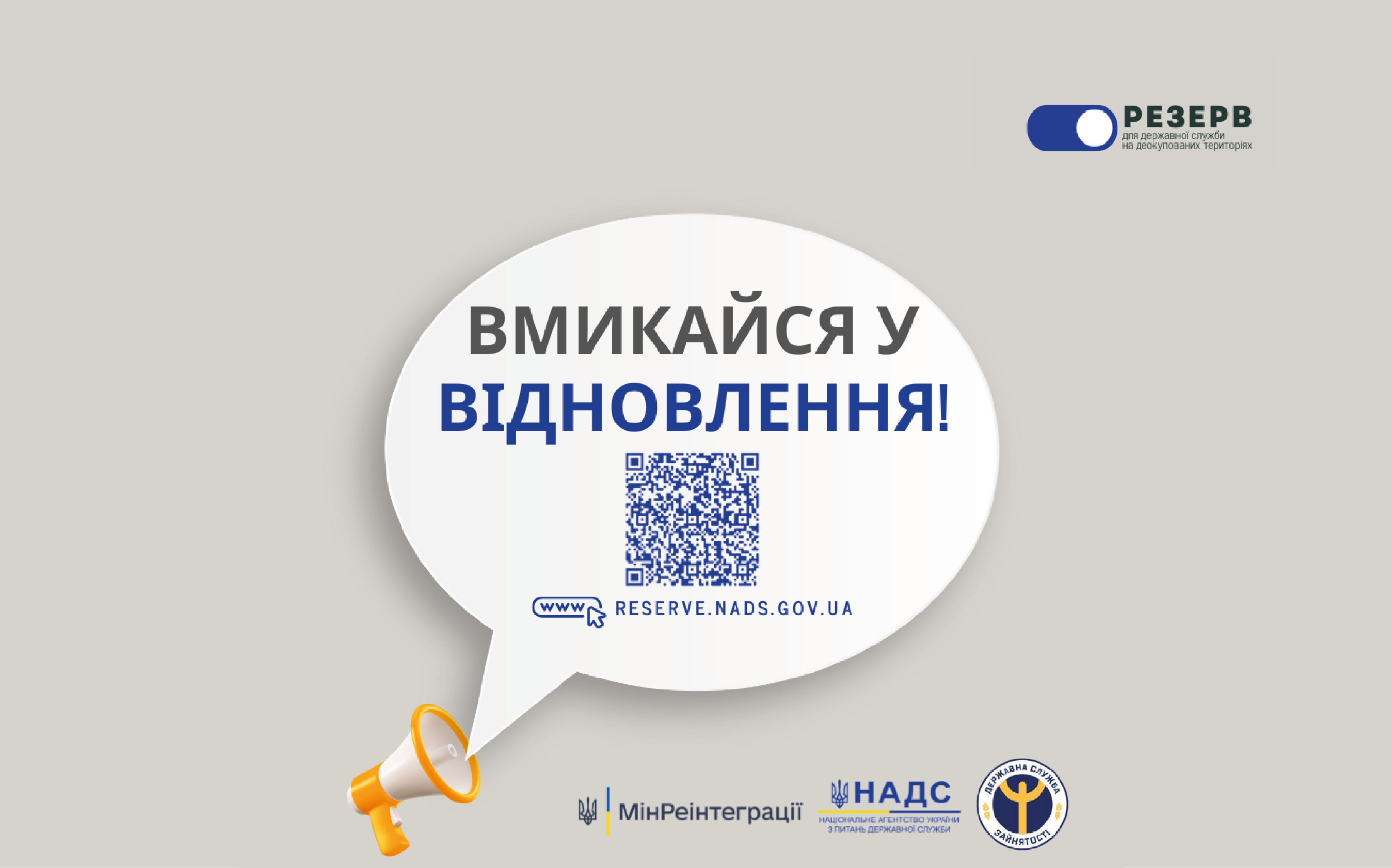
In June-November 2023, 534 people will receive advanced training at the High School of Public Governance. These include public servants, heads of local state administrations, their first deputies and deputies, and local government officials. In June, the School launched four short-term advanced training programmes on de-occupation and reintegration of the temporarily occupied territory and management of the de-occupied territory as part of the educational project “Management of the De-occupied Territory”:
“Peculiarities of exercising powers by administrative service centres under martial law”;
“Development of leadership potential in the process of forming managerial competence”;
“Team building;
“Psycho-emotional preparation for work in the de-occupied territories.
These programmes have already trained 144 public servants of categories B and C, as well as local government officials. In addition, it is planned to prepare an online course on “Governance in the de-occupied territories” with the participation of representatives of public authorities and military administrations.
In total, the High School plans to implement 14 short-term development programmes for public servants on the reintegration of the temporarily occupied territories. These programmes are expected to contribute to the development of practice-oriented skills in the reintegration of the liberated territories.
For reference:
The 14 study programmes include the following:
“Peculiarities of Exercising Powers by Local State Administrations and Local Self-Government Bodies under Martial Law” (0.5 ECTS);
“Peculiarities of exercising powers by administrative service centres under martial law” (0.4 ECTS);
“Ensuring the rule of law, protection of rights, freedoms and legitimate interests of citizens” (0.67 ECTS);
“Social protection and security (0.67 ECTS);
“Accessibility and quality of services in the field of education (0.4 ECTS);
“Overcoming the environmental consequences of war and Green reconstruction of Ukraine” (0.4 ECTS);
“Infrastructure development and energy efficiency (0.4 ECTS);
“Development of entrepreneurship and labour market” (0.4 ECTS);
“Public Finance Management (0.4 ECTS);
“Cybersecurity” (0.33 ECTS);
“Development of leadership potential in the process of forming managerial competence” (0.5 ECTS);
“Team building (0.5 ECTS);
“Tactical medicine and pre-medical aid” (0.4 ECTS);
“Psycho-emotional preparation for work in the de-occupied territories (0.5 ECTS);